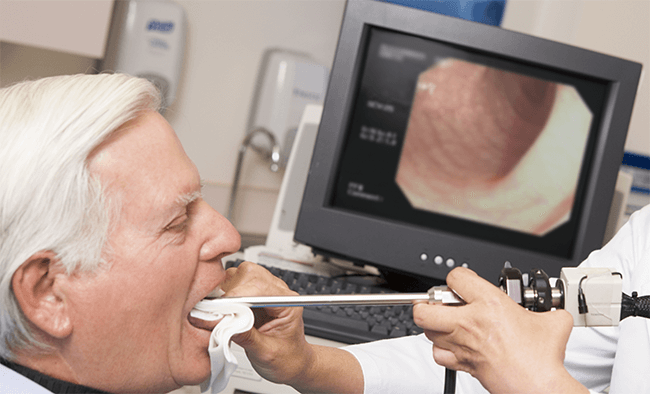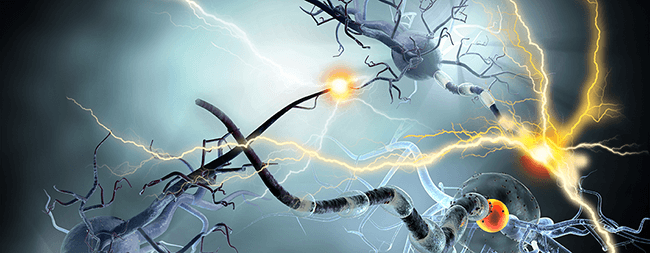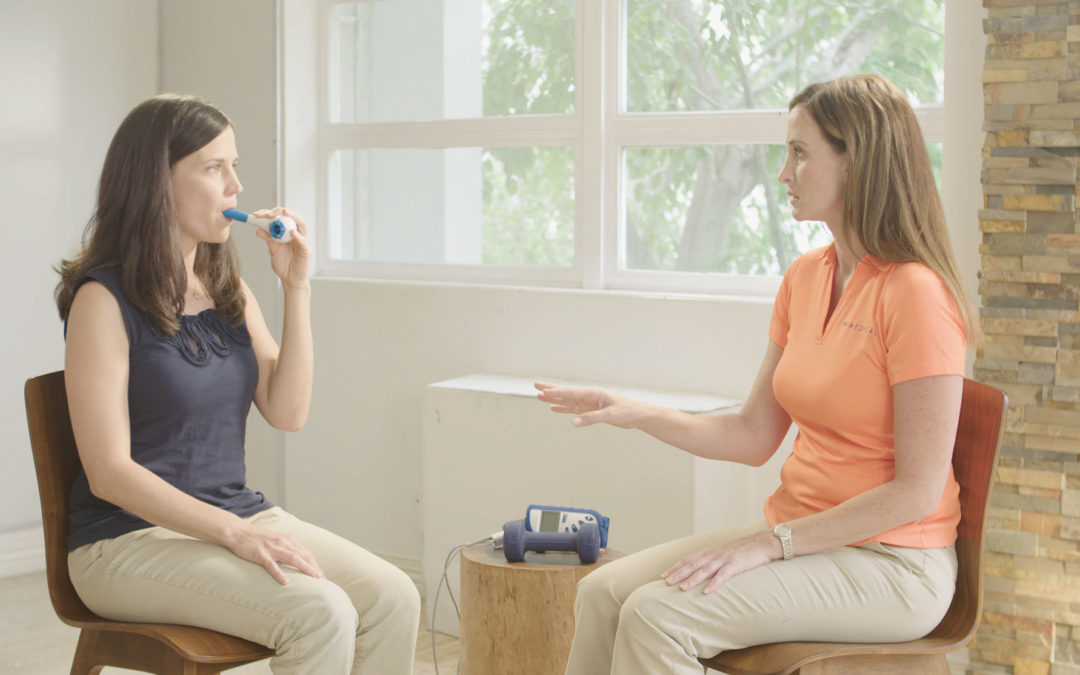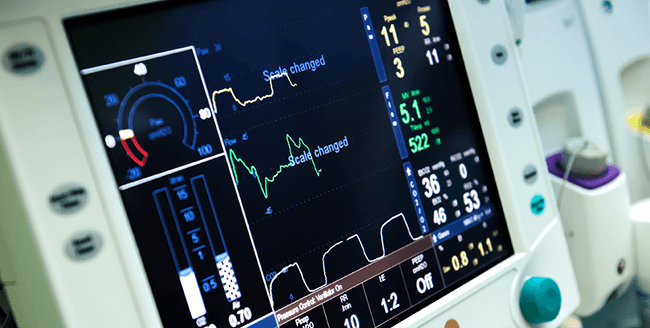Science Blog

RMT and Postoperative Pulmonary Complications Risk
Postoperative pulmonary complications (PPCs) caused by injury are the leading cause of sickness and death after major cardiac or abdominal surgery. Many studies and clinical trials have assessed the impact of preoperative inspiratory muscle training (IMT) on...

Effect of RMT on Diaphragm Asymmetry After Stroke
Two of the most common issues that stroke patients experience are respiratory muscle weakness and impaired cough ability. Due to stroke-associated hemiplegia, respiratory (and peripheral) muscles are often affected asymmetrically. This, in turn, contributes to reduced...

Can RMT Reduce Prevalence and Burden of Chronic Heart Failure?
It’s no surprise that heart failure is a major health issue that has significant physical as well as financial implications. What you might not know, however, is that there might be options to help reduce the number of people experiencing heart failure as well as the...

Benefits of RMT on Dysphagia Patient Outcome and Economic Burden
Today we’re going to talk about dysphagia and how it affects patient outcomes, both physically and economically. This is an important issue that affects many people, and it can be a difficult concept to fully wrap your mind around. With that in mind, let’s start at...

How RMT Could Reduce Hospital Readmission Rates in COPD Patients
Chronic obstructive pulmonary disease (COPD) is an issue that affects millions of individuals worldwide. It’s a chronic disease that causes inflammation in the lungs which, in turn, leads to obstructed airflow. This can cause significant quality of life issues for...

Effect of RMT on Cough and Swallowing Function
When it comes to living a healthy life, not much is as important as having a clear and strong airway. When disorders develop that threaten that airway – dysphagia, for example – overall health as well as quality of life can be seriously impacted. The ability to cough,...

Effect of RMT on Exercise-Induced Paradoxical Vocal Fold Motion
Exercise induced paradoxical vocal fold motion (PVFM) leads to acute dyspnea during exertion. This means that individuals who experience PVFM tend to experience exercise intolerance, which can lead to a significant decline in quality of life as well as various other...

Effect of EMT on Respiration and Cough in Multiple Sclerosis
Multiple Sclerosis is a demyelinating disease of the central nervous system that often causes respiratory dysfunctions. Patients with severe stages of MS, in fact, can have respiratory muscle weakness. This can manifest in a number of different ways, including via a...

Effect of IMT Plus EMT on Multiple Sclerosis
Multiple sclerosis (MS) leads to peripheral and respiratory muscle weakness and fatigue. This includes both inspiratory and expiratory muscles – both begin to weaken and decline. Despite the fact that expiratory muscles deteriorate quicker in MS patients, however,...

Effect of RMT on Neuromuscular Disease
Respiratory failure is a common cause of death in patients with neuromuscular disease (NMD). This happens because both inspiratory and expiratory pressure decline during disease progression, resulting in respiratory complications. It is of vital importance that...
Search All Articles